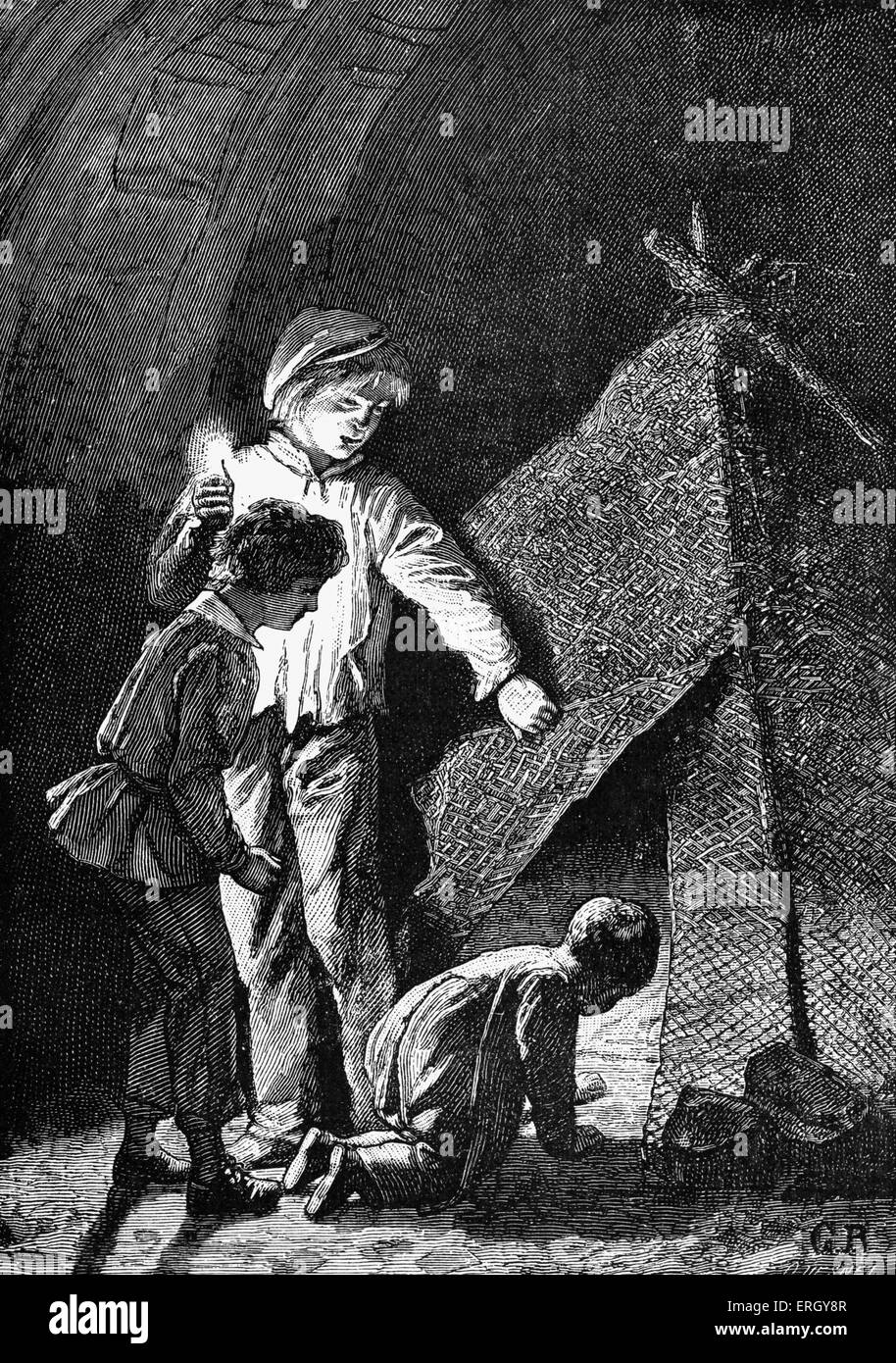
/image%2F0991366%2F20230512%2Fob_ce2d48_victor-hugo.jpg)
If Northern writers had reservations about “Les Miserables,” Southern critics embraced the novel, despite Hugo’s abolitionist sympathies. But none of these “impossible or ridiculous premises” are true and it is time, the writer declared, “to secure attention In the enjoyment of profound peace,” acknowledged the article. “Supposing Lincoln to have swallowed his tooth-brush on the 3d and to have died of it on the 4th of March, 1861, we are willing, for the sake of quiet, to concede that this country would now be This focus on “what ifs,” the writer lamented, had become the refuge of Northern Democrats, who used it to distract the public mind from what was actually For example, he states that the Battle of Waterloo would have turned outĭifferently had it not rained in the morning. If Your Uncle Had Been Your Aunt?” The article mocked Hugo the historian, who throughout the novel raises questions of contingency.

While Hugo may not have had the Civil War in mind, American reviewers certainly did and many viewed the novel through the prism of the war. Line of conduct.” By the time The Continental Monthly got to “Marius,” Part III, the reviewer concluded that he might well understand if it was the readers who called themselves miserable. Whole career of Jean Valjean presents a series of impossible cases, of strange incongruities, and stands in continuous antagonism with the principles of truth and honor which ought to be every honest man’s The New Englander was harsher still: “The “There is a great deal of trash mixed with the good: long and worthless episodes, not sufficiently connected with the story,” claimed The Christian Advocate. The New York Times called the novel “remarkable” and “brilliant,” but in the same notice labeled Hugo “a prosy madman.” The first of five parts, proclaimed that “it is impossible to escape from the fascination it exerts over the mind.” Readers could not help being impressed by the grandeur of the work, but the reviews The Atlantic Monthly, having finished only “Fantine,” Whatever Hugo thought of the battle raging in the United States, the novel was popular in America and received widespread attention in newspapers and journals. Hugo’s focus was the July Revolution of 1830, but it is possible he had the AmericanĬonflict in mind when he wrote, “Civil war … What did the words mean? Was there any such thing as ‘foreign war?’ Was not all warfare between men warfare between brothers?” In the novel, Hugo name-checked Brown in a list of celebrated revolutionaries that included Washington, Bolivar and Garibaldi.

“Insurrection,” he said, was a “sacred duty.” He was an opponent of slavery, and in 1859 defended John Brown. Novel in the 1840s, put it aside, and come back to complete it between 18. Victor Hugo’s “Les Miserables” was published in 1862 and English translations of the five parts that constitute the novel began to appear in America by year’s end. Disunion follows the Civil War as it unfolded.


 0 kommentar(er)
0 kommentar(er)
